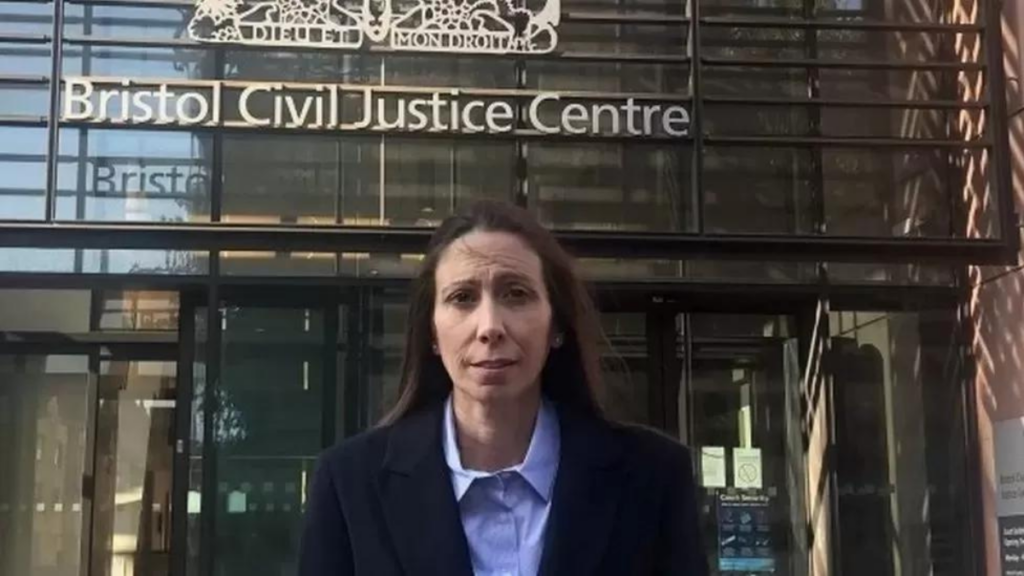Last updated on July 20th, 2023 at 05:08 am
Kristie Higgs, a Christian mother and former pastoral assistant at the Church of England Farmor’s School in Fairford, Gloucestershire, has won an appeal in a significant freedom of speech case. Higgs was dismissed from her role due to “gross misconduct” after sharing personal views about sex education on her Facebook page. Her posts prompted an anonymous complaint in 2018, leading to her suspension and subsequent firing.
The case was initially brought before the Bristol Employment Tribunal in October 2020, which ruled that Higgs had not experienced discrimination or harassment. However, on June 16, the Employment Appeal Tribunal reversed this decision, instructing that the case must be reevaluated.
Dame Jennifer Eady, the president of the Employment Appeal Tribunal, backed Higgs’ appeal, emphasizing the importance of free speech and the right to manifest religious beliefs. She criticized the initial ruling, asserting that the court failed to determine whether Higgs’ suspension and termination were lawful and necessary for protecting the rights of others, while also respecting Higgs’ right to express her beliefs.
In response to the successful appeal, Higgs stated: “From the beginning, despite the many attempts by the school to suggest otherwise, this has always been about my Christian beliefs and me being discriminated against for expressing them in my own time.” Her “controversial” Facebook posts highlighted concerns about government consultation aimed at making relationship and sex education mandatory in primary and secondary schools, which she felt could undermine traditional values and promote a gender fluid society.
Higgs was alarmed when she discovered that her child’s school, where she was also employed, planned to use materials promoting transgenderism from the No Outsiders campaign, the author of which is a gay teacher Andrew Moffat. The campaign’s website declares its goal to prepare children for life in modern Britain. However, Higgs’ appeal victory stands as a significant landmark for those arguing for the right to express personal beliefs, particularly on social media platforms, without fear of professional retaliation.
